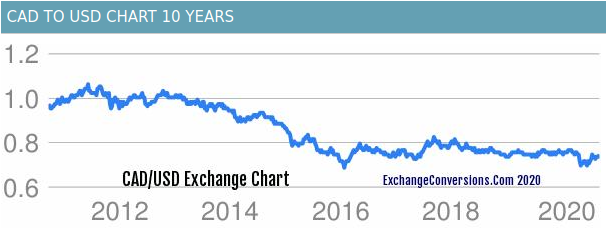I’ve never been one to worry much about the value of the US dollar, but with all the political turmoil in the US, contracting GDP, and mounting federal debt (with no end in sight), I can’t help but wonder whether my hard-earned retirement savings will ultimately be devalued or possibly rendered worthless if the dollar collapses and/or loses its reserve currency status.
Does anyone else worry about this? If so, what are you doing about it?
Does anyone else worry about this? If so, what are you doing about it?

